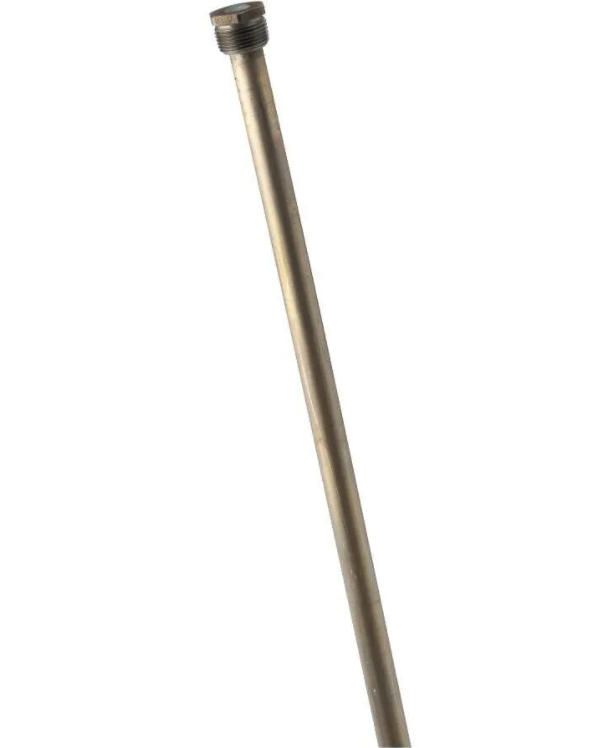Clyde Logan
New Member
80 gallon AO Smith residential electric water heater and well water. The water heater is 9 years old. Starting with year 2 I have replaced the anode rod religiously every year and flushed the tank. Each year the removed aluminum rod is completely encrusted with heavy calcium deposits that even wire brushes will not remove. I have changed heating elements a few times and each time the failed elements also have heavy calcium deposit buildup. The water has no sulfur smell.
I bought a powered anode rod (Corro-Protec) but am reluctant to install it since I cannot find information about how it and calcium will interact. I would like to know what happens to the calcium in the water tank that now is deposited on the standard anode rod. Anyone know, or have other pertinennt information or advice to share? Thank you.
I bought a powered anode rod (Corro-Protec) but am reluctant to install it since I cannot find information about how it and calcium will interact. I would like to know what happens to the calcium in the water tank that now is deposited on the standard anode rod. Anyone know, or have other pertinennt information or advice to share? Thank you.


